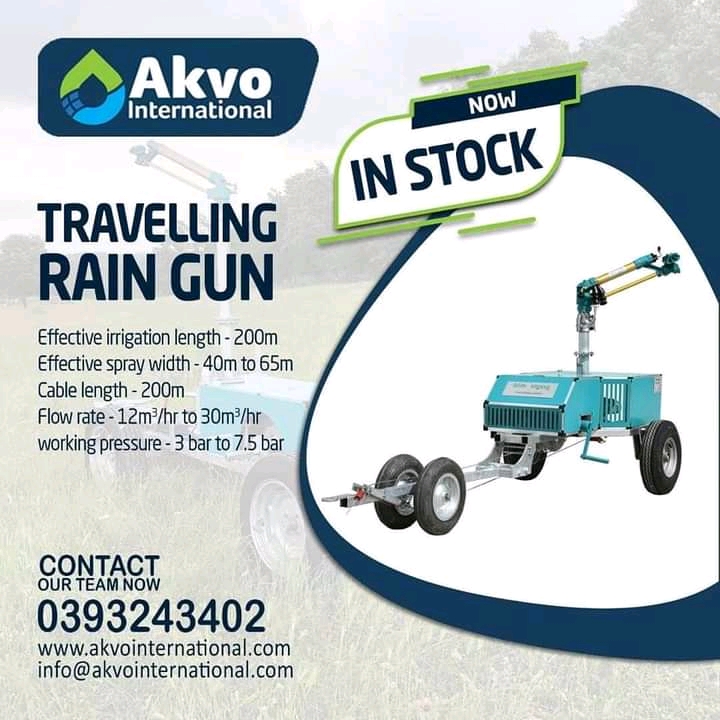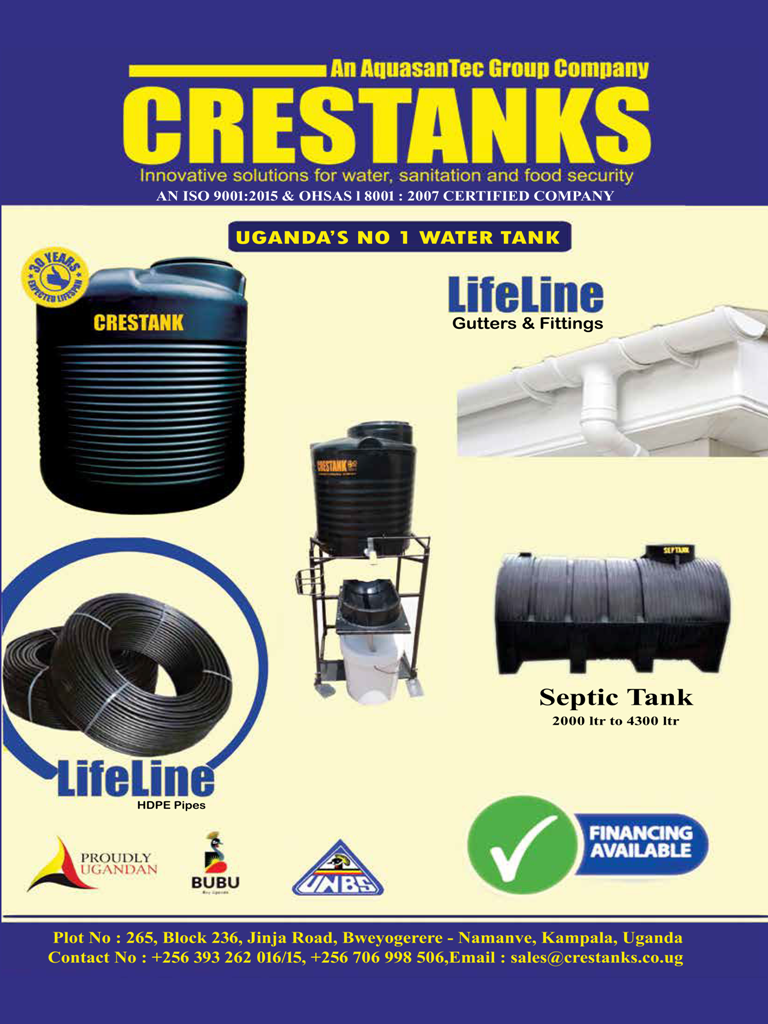The Ministry of Human Settlements, Water and Sanitation led by Minister Lindiwe Sisulu and her Deputies, DM David Mahlobo and DM Pamela Tshwete, engaged with the joint Portfolio Committee and Select Committee on Human Settlements, Water and Sanitation yesterday, 21 April, to appraise the Committees on the critical work delivered across the country to curb the spread of the Coronavirus (COVID-19).
Minister Sisulu laid the ground for the presentation by detailing all the work that led to the President’s declaration of the State of National Disaster, which then precipitated the actions that followed and are still continuing by the two departments, namely Human Settlements and Water and Sanitation.
The declaration of the State of National Disaster implied the suspension of the normal workings of Cabinet replaced by the setting up of the Presidential Coordinating Council and the NATJOINTS.
“The State of National Disaster has direct implications for the departments I lead. Both Human Settlements and Water and Sanitation had to change their ways of working. We have to work differently yet provide essential services continually.
“We set up a Water and Sanitation Command Centre at Rand Water co-chaired by the Acting DG at DWS and the CE of Rand Water. This Centre allows us to link up daily with the DWS Provincial Heads, Water Boards across the country, as well as Municipalities.
“We were fortunate to link up with the association of water tanks and tankers manufacturers that allowed us to purchase these directly from them, allowing for bulk buying and therefore realizing huge savings whilst acquiring these for the state.
The Acting Director-General of the DWS, Mbulelo Tshangana and the CEO of Rand Water, Sipho Mosai, presented the activities that are on-going as per Minister Sisulu’s directive to respond urgently to the rise in COVID-19 infections.
Messrs. Tshangana and Mosai indicated the setting up and workings of the National Water and Sanitation Command Centre. They also indicated that an amount of R306 million was set aside for the exercise in response to the pandemic. This amount was realised as a result of the need for urgent procurements and the reprioritisation of the DWS Regional Bulk Infrastructure Grant – Schedule B grant.
Whilst everything is being done to ensure the response to the pandemic is driven from this amount, it is also obvious that it would not be enough. This has led to current discussions between the DWS and National Treasury to find a further R831 million that would then augment the current funding but more critically will ensure the response continues and is sustainable.
As at Monday 20th April, 7698 water tanks had been installed across the country, whilst 1239 water tankers (trucks) had been delivered as well. These figures are moving targets which change on a daily basis as more delivery occurs.
The point was made that the use of water tanks and tankers is not seen as the ultimate solution to the issues of water availability and services. As such going forward a number of solutions have to be considered.
These include:
- Ensure that all tanks are transferred as assets to the responsible Water Services Authority.
- Jointly develop a sustainable operations strategy for each system; with the objective of reducing tanker-hauling dependence, e.g. Ground-water exploration, Water main Connections, etc. by the DWS, SALGA & CoGTA.
- Convert water tanks into a rudimentary water supply scheme to enhance accessibility.
- Render support to the Department of Basic Education with water supply projects in vulnerable communities.
With regard to Sanitation, the DWS is in the process of procuring containerised or clustered ablution facilities which will serve as interim sanitation services (especially for high risk densely populated informal settlements.
The DWS seeks to connect to existing municipal water services where possible or to design/construct temporary collection where so required.
There needs to be a Review of Standards for Basic Water Supply and adopt an interim rudimentary standard to allow for acceleration towards addressing the backlog.
Other recommendations include:
- Review the Grant Funding model to allow for more efficient and effective water and sanitation infrastructure implementation.
- Improve coordination and functionality of command structures across the three spheres of government, to ensure monitoring, reporting and targeted implementation.
It will be important to broaden the water mix to incorporate under-utilised water resources, e.g. groundwater, return-flows, Water Conservation and Water Demand, as well as water tanks for households.
Issued by: Department of Water and Sanitation


















